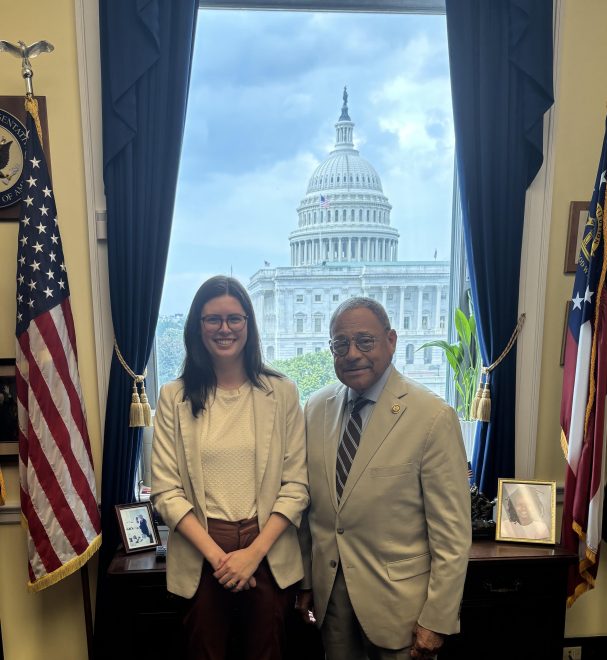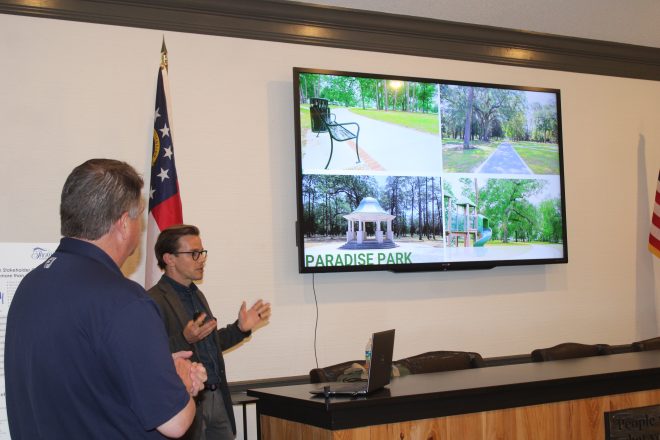Guest editorial: Landmark rulings protect public records
Published 10:00 am Wednesday, November 7, 2018
Public records belong to the public.
When the public requests a public record, the agency that holds that record cannot require requesters to identify themselves or to say why they want the documents in question.
Trending
In an ongoing public records battle, Northside Hospital based in Atlanta has denied and stalled open records requests and now — in two landmark cases — an appellate court and the Georgia Supreme Court have said even though the hospital is operated by a non-profit and not by local government, its records are still open to the public.
The new ruling sends a strong message that any attempts to thwart open records requests — including asking requesters to identify themselves — constitute violations of the state’s Sunshine Law.
We agree with attorney Peter Canfield, who is a member of the Georgia First Amendment Foundation Board of Directors. Canfield told health care reporter Andy Miller, “By the latest ruling, the court has reiterated what Georgia courts have always ruled. In public records cases, the issue is whether the records are public, not who wants them or why.’’
Miller explained the Northside saga:
“Northside’s corporate structure resembles many others in the state. Many hospital authorities, for business purposes, have spun off their hospitals into separate nonprofit corporations. Under such an arrangement, the hospital authority leases the assets of the hospital to the corporation. Restructured hospitals include large urban facilities such as Grady in Atlanta, along with medical centers in Savannah, Augusta, Macon, Rome and Albany, as well as in the Atlanta suburbs.
“Attorney Canfield has argued for the plaintiff that Northside is subject to the Georgia Open Records Act because it was created by a public hospital authority, which is a government entity, and that the system operates solely on the authority’s behalf.
Trending
“Northside’s restructuring occurred in the early 1990s. It’s now an extremely successful hospital system. Last year it reported net income of more than $300 million, according to American Hospital Directory. Its deal to add Gwinnett Medical Center, a large suburban system, has been long delayed, with experts pointing to possible federal regulatory snags. The fight over Northside’s records and hospital privacy began in 2013, when (the plaintiff) requested information about how much Northside spent in acquiring physicians’ practices.
“That same year, the AJC reported about patients who faced higher bills after Northside acquired two of those physicians’ practices. The hospital turned down the newspaper’s open records request on the matter. The Georgia Open Records Act, known as a “sunshine law,” was created to let people know what government agencies are doing. Ordinary citizens, lawyers and reporters routinely use the act to find out how agencies make decisions and spend money.”
The financial records of Northside and all public hospitals — even those that are operated by third parties and nonprofits — are open to the public. The Northside case clearly shows why such records should be public.
Northside Hospital tried to argue it is not subject to the states Open Records Act.
It is wrong about that.
Now the courts have made that clear — twice.
Every public hospital, county and city government, board, commission or authority should be paying attention and each agency’s respective records custodians must not require people to identity themselves, give a reason why they want documents or even to submit a request in writing when asking for public records.
This editorial originally ran in The Valdosta Daily Times.





